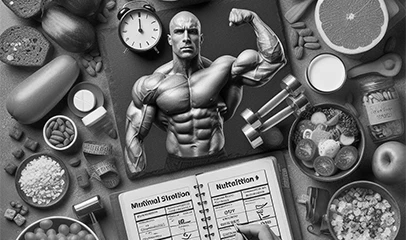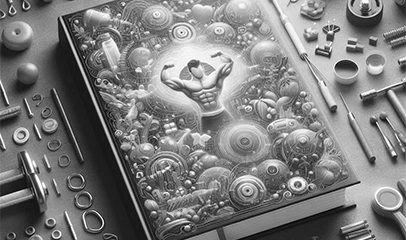The Ultimate Guide to Nutrition for Optimal Fitness
Introduction
Welcome to iFitness, your go-to resource for achieving peak physical performance through effective training and nutrition strategies. Whether you're a seasoned athlete or just embarking on your fitness journey, understanding the role of nutrition in your overall fitness plan is crucial. Proper nutrition fuels your workouts, aids in recovery, and helps you achieve your fitness goals faster and more efficiently.
The Fundamentals of Nutrition
Nutrition can be complex, but understanding the basics is essential. Your body requires a balance of macronutrients—proteins, carbohydrates, and fats—and micronutrients—vitamins and minerals—to function optimally.
Macronutrients
Proteins: Essential for muscle repair and growth. Aim for lean sources like chicken, fish, legumes, and plant-based proteins. Proteins are made up of amino acids, which are the building blocks of muscle tissue.
Carbohydrates: Your body's primary energy source. Opt for complex carbs like whole grains, fruits, and vegetables, which provide sustained energy and are rich in fiber.
Fats: Vital for hormone production, brain function, and energy. Focus on healthy fats from sources like avocados, nuts, seeds, and olive oil.
Micronutrients
Micronutrients, though required in smaller amounts than macronutrients, are crucial for overall health and fitness. They include vitamins (A, B-complex, C, D, E, K) and minerals (calcium, potassium, iron, magnesium). A diverse diet rich in fruits, vegetables, lean proteins, and whole grains generally covers your micronutrient needs.
Tailoring Your Nutrition to Your Fitness Goals
Your nutrition plan should align with your specific fitness goals, whether you're aiming to build muscle, lose fat, improve endurance, or enhance overall health.
Building Muscle
To build muscle, you need a calorie surplus, meaning you consume more calories than you burn. Here are key points to consider:
- Protein Intake: Aim for 1.2 to 2.2 grams of protein per kilogram of body weight per day. This supports muscle repair and growth.
- Carbohydrates: Ensure adequate carbohydrate intake to fuel your workouts and aid recovery. About 4-7 grams per kilogram of body weight per day is recommended for those engaging in heavy training.
- Fats: Healthy fats should make up about 20-30% of your total calorie intake.
Losing Fat
When your goal is fat loss, a calorie deficit is required, meaning you consume fewer calories than you burn.
- Protein: Maintain high protein intake (1.8 to 2.7 grams per kilogram of body weight) to preserve muscle mass during weight loss.
- Carbohydrates and Fats: Balance your intake to ensure you have enough energy for workouts while maintaining a deficit. Reduce intake of refined carbs and unhealthy fats.
Improving Endurance
For endurance athletes, such as runners and cyclists, nutrition focuses on sustaining energy levels and promoting recovery.
- Carbohydrates: Should constitute 55-65% of your total calorie intake. Focus on complex carbs for sustained energy.
- Proteins and Fats: Balance your intake to support muscle repair and overall health. Protein should be around 1.2 to 1.6 grams per kilogram of body weight, and fats should be 20-35% of your total calories.



